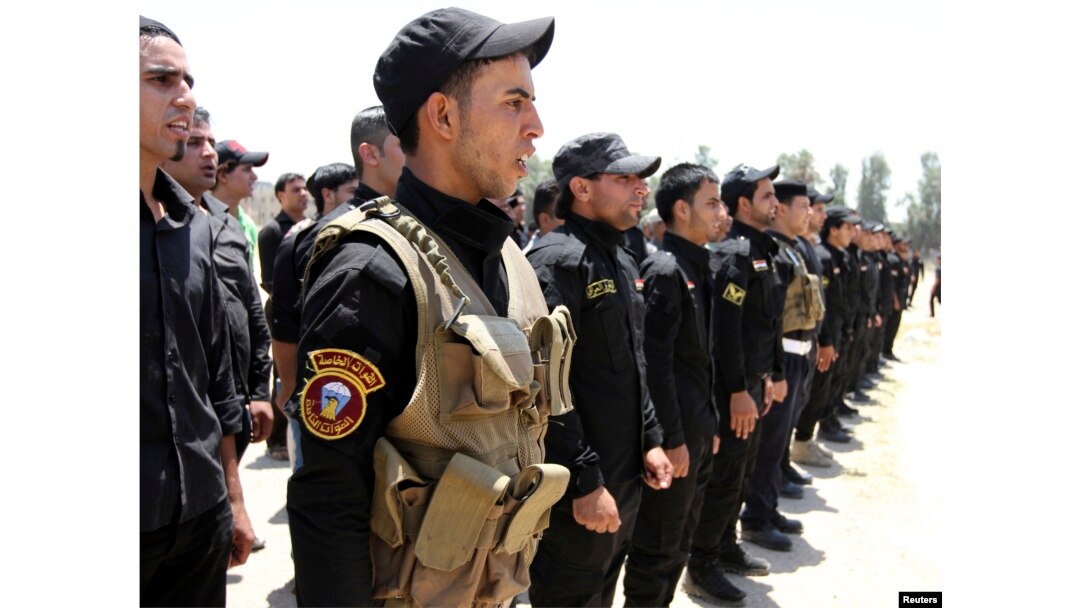Iraq's deadlocked parliament has postponed its next session until mid-August, unable to decide how to split political power even as Baghdad faces a militant Islamic insurgency that has edged close to the capital.
Iraqi Prime Minister Nouri al-Maliki told Western leaders last month a new government would be formed early in July. But Monday, parliament put off its next session until August 12 in hopes of resolving who should fill the country's top three positions.
Al-Maliki's Shi'ite political bloc won the most seats in the April elections, but not a majority. Many Iraqi lawmakers have accused him of failing to give enough political consideration to the country's minority Sunni population. He has balked at demands that he not seek a third term as prime minister.
Insurgents linked to the Islamic State of Iraq and the Levant (ISIL) have take over much of northern and western Iraq, although analysts say Baghdad is in no immediate danger of falling to the rebels.
As fighting continues, a senior Iraqi army commander was killed west of the capital. Al-Maliki's office identified him as Major General Negm Abdullah Ali, commander of Iraq's sixth division.
The statement said he was hit by shelling in Ibrahim bin Ali, an area that is about halfway between Baghdad and the western city of rebel-controlled Fallujah.
June was an extraordinarily deadly month for Iraqi security forces as the ISIL surge moved into Iraq from its stronghold in western Syria. Officials say 886 Iraqi military personnel were killed, more than the first five months of the year combined.
U.N. data released last week showed 7,160 civilian and military deaths from terrorism and violence in Iraq in the first half of 2014, compared to about 9,000 deaths in all of last year.
Images from Iraq




